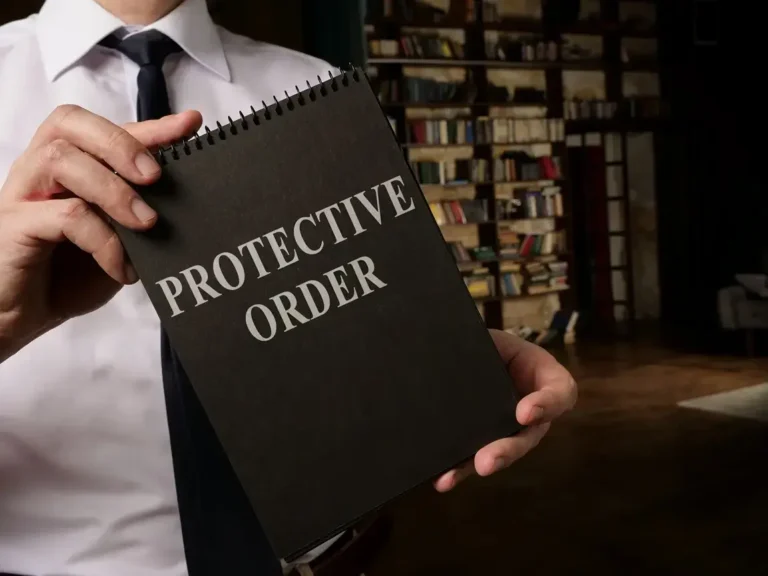Assault charges can vary greatly, depending on the circumstance of the crime and the harm inflicted on the supposed victim. If you are accused of assault, it is important that you act fast and find out what you can about the charges laid against you, and seek competent legal counsel to begin building a solid defense.
An assault conviction could lead to jail or prison time, probation, community service, costly fines, a criminal record, and other penalties that could severely impact your life. But, what exactly can you do to protect yourself from assault charges? When faced with criminal charges, even for violent crimes like assault, there are a number of ways your attorney might build your defense.
1. Prove Self-Defense
Considered one of the most common types of defense against assault charges, claiming the defendant’s actions were in self-defense is one way in which he or she could seek the dismissal of all charges. To prove the accused acted in self-defense, he or she must have had the threat of unlawful harm against them, an honest fear of that harm being inflicted, and there must have been no chance of escaping the situation. Also, they accused must not have provoked or harmed the other person involved.
Similarly to self-defense, to prove the defendant acted in defense of others he or she must have had a genuine fear of harm to another person, or group of people, to justify the resulting actions.
2. Defense of Property
There are also laws in place to protect those accused of assault if they were defending their home or property. The force used must be considered reasonable in comparison to the threat, which is open to the interpretation of the court. This defense is usually used when a homeowner defends his or her property against invasion or theft but can be applied to other situations as well.
3. Prove Consent
Another way to defend against assault charges is to prove the supposed victim consented to the acts in question. If the act was consented to, it is not legally considered assault. Some courts are more strict with this defense than others, sometimes considering any act seen as harmful to be a violation of public policy.
4. Prove Innocence
If the accused is innocent, his or her case could be defended through the use of an alibi. If the defendant was elsewhere when the crime was committed, this would most likely prove innocence. A criminal defense attorney may also be able to prove innocence by showing any reasonable doubt as to the guilt of the accused.
5. Plea Bargain
In certain circumstances, a plea bargain proves to be the best course of action, especially when other options could result in heftier penalties. When the stakes are particularly high and other defense options are unavailable to you, it is sometimes best for the defense attorney to discuss alternatives with the prosecution, where the two may be able to agree to lesser charges with a lighter sentence if the accused pleads guilty.
While all of these defensive strategies can be strong in their own right, each case is different and should be evaluated by an experienced legal professional. At Gounaris Abboud, LPA our criminal defense attorneys will review the circumstances of your case and come up with the best course of action to effectively defend your case and protect your future.
To get started,contact Gounaris Abboud, LPA for a free case evaluation.




